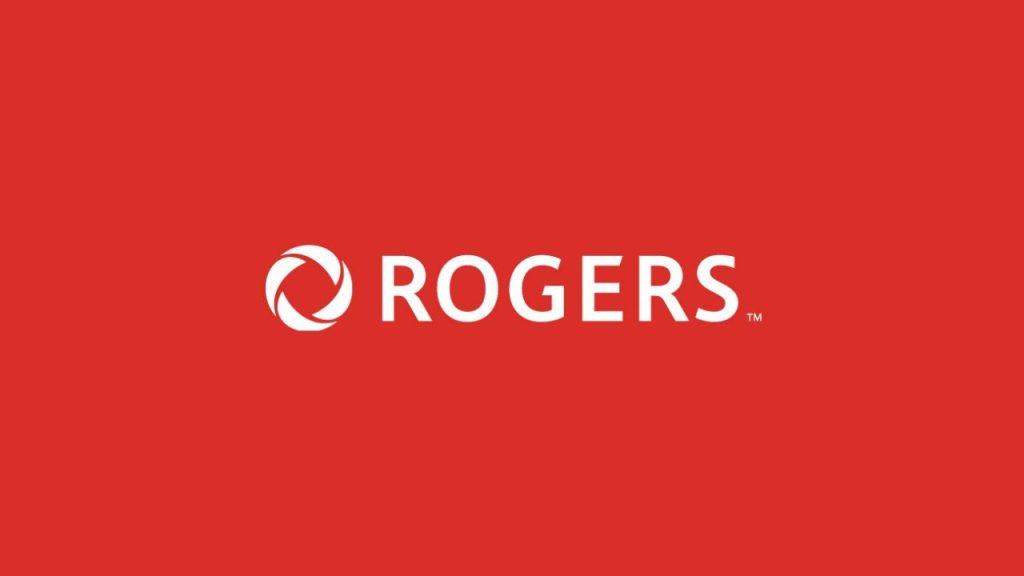The current economic situation is causing a large number of families to monitor their spending more. While moving, many costs have to be considered. Having a clear moving checklist of expenses is very important to avoid any unplanned spending. In this article, we will help you identify and plan for all of your new expenses. Depending on where you’re moving, the cost of utilities can be significantly higher or lower than your current home so make sure to keep reading to find out how to plan!
Is your WiFi on your moving checklist?
When it comes to moving there are many expenses to consider. However, for most, an Internet connection is a crucial one and should be on your moving checklist. Most Canadians need to be connected at all times and cannot have a large delay between the day they move in and the day they have access to the Internet. It is important to keep in mind where you are moving specifically. In more rural settings, it can be much harder to find an Internet provider that satisfies all of your needs and is within your budget. In these regions, there is a much smaller amount of providers and the speed limits tend to be slightly lower. Telecom companies are continuously trying to expand their networks but it is very costly and time-consuming.
Does your home affect your WiFi?
Another important factor to consider is Internet strength. Many believe that this is exclusively based on the internet plan they purchase, however, your internet speed is also linked to factors inside your home or apartment.
If your home has thick concrete walls, you may need a wifi extender or an extra router to ensure that your connection reaches every room. When moving to a new home, it is also important to verify the wiring. Some old buildings and houses have old or damaged cables, which can render your fast internet plan useless. If that is the case, you will not be able to benefit from high-speed internet and will be left using a fraction of the speed you are paying for… And no one wants that when they are paying a small fortune every month.
Another way to plan effectively is to look at the internet score for your new area. The score will inform you what you’ll be able to do with your WiFi in that region: stream, work from home, etc.
How much do internet plans cost?
Montreal: Oxio 60 Mbps | Unlimited usage | 53.00$
Toronto: FibreStream 100 Mbps | Unlimited usage | 40.00$
Richmond: Oxio 75 Mbps | Unlimited usage | 45.00$
Winnipeg: Netfox 25 Mbps | Unlimited usage | 39.95$
Moncton: Bell 150 Mbps | Unlimited usage | 84.95$
To find all the plans available in your city, feel free to take a quick look at our Cities page!
Internet equipment: Renting vs buying
When you move, you’ll need to decide whether you want to rent or buy your internet equipment. If you’re only planning on being in your new home for a short period, then renting may be the best option for you. However, if you’re planning on staying in your new home for an extended period, then purchasing your internet equipment may be a better investment. Be sure to factor the cost of either option into your moving budget so that you can make the best decision for your situation.
It is also essential to verify what is included in your Internet plan. Many providers offer free equipment rental for a certain amount of months, however, some force you to purchase the router or rent it monthly.
If you were renting your router from your previous provider and you are not staying with them, you will need to return your equipment soon after your move to avoid being billed for the equipment. It may seem like a small detail but these modems and routers can cost hundreds of dollars!
Budgeting before your move
You must consider the size of your home, the number of devices that use electricity, the weather, etc. If you are moving to a larger home, your electricity usage will necessarily be higher. It is also essential to consider the weather in your area. Canada is known for its cold winters which will significantly raise your heating costs during the cold seasons unless you don’t use an electric heating system. Furthermore, if you are moving into an older home, the walls and windows may not be well insulated which will lead to more wasted heat. This will result in you having relatively high heating bills. The same goes for air conditioning during the summer. Having air conditioning running 24/7 will run up your electricity bill.
It’s generally a good idea to get your utilities set up before you move into your new home. This way, you can start using them as soon as you move in and won’t have to go without electricity, water, or gas while you’re waiting for the utilities to be turned on. Additionally, setting up your utilities before you move will help to ensure that you don’t forget to budget for them in your moving expenses.
Electricity Bills
There are a few different electricity payment arrangements that you can choose from. For example, with Hydro-Quebec you can pay for your electricity every month or you can sign up for a predetermined electricity plan. With this electricity plan, you’ll pay the same amount every month of the year. This amount is estimated from your past usage and the usage in your area. At the end of the year, you will either receive a refund if you used less electricity than expected or be forced to pay a balance. This can be a good option if you’re on a budget and want to avoid paying high electricity bills in extreme weather months. However, it’s important to make sure that you understand your electricity usage before signing up for this type of payment agreement.
Requesting Previous Utility Bills
To plan your monthly budget, you must have all the necessary information. If you have direct contact with the sellers, you can request to see their past utility bills. If that is not possible, you can also request the information from their realtor.
This information will give you a better picture of what your monthly bills will look like. Electricity consumption can vary based from house to house. This utility bill depends on the size of your house, the number of devices connected to power, the amount of time spent at home, etc. Although the electricity rates vary and your family’s usage might not be the same as the current owners, the amounts can be practical for budgeting.
Contacting providers
If the first option is not fruitful, you can also contact providers directly. Most providers are willing to provide estimates calculated with the fees for similar homes or apartments. Once again, these price examples will help you prepare an expense budget. Planhub’s search engine is great for shopping for a new phone or internet plan, however, it can also be great for preparing a budget. Planhub will show you the best plans available in your new region and give you some exclusive deals to help you save.
Conclusion
Creating a budget before you move will help you to estimate how much money you’ll need to save to cover all of the moving-related costs that you’ll incur. This will also give you a better idea of what your monthly expenses will look like in your new home. This way, you can make sure that you have enough money set aside to cover all of your moving costs and avoid any financial surprises down the road.
For a full list of moving expenses take a look at Calculating moving costs by Sutton Quebec.








